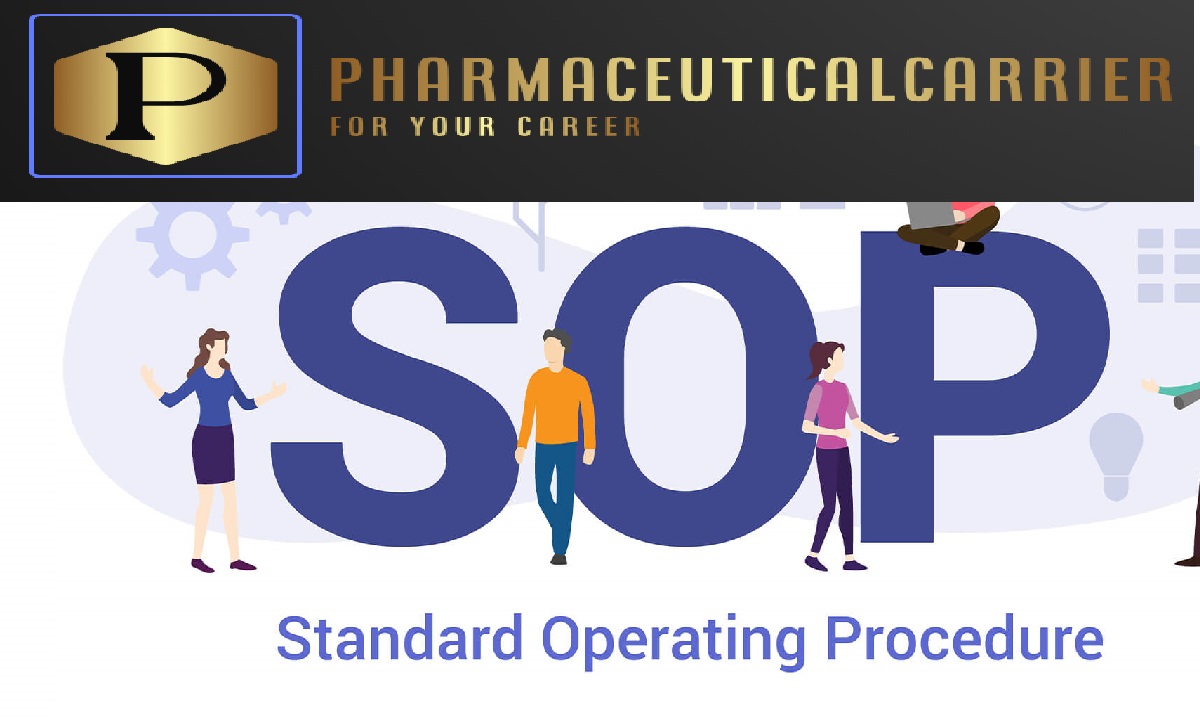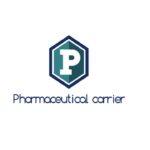1. Purpose of Sampling of Raw Material
The purpose of this Standard Operating Procedure (SOP) is to establish guidelines and procedures for the proper sampling of raw materials used in [Company Name]’s production processes. This SOP ensures that representative samples are obtained for quality control and testing purposes, maintaining product quality and compliance with regulatory requirements.
2. Scope of Sampling of Raw Material
This SOP applies to all personnel involved in the procurement, testing, and quality control of raw materials within [Company Name]. It covers procedures for sampling various types of raw materials, including but not limited to chemicals, ingredients, and components.
3. Definitions involved in Sampling of Raw Material
3.1 Raw Material:
Any substance or component used in the manufacturing of products before any processing or conversion.
3.2 Sampling:
The process of selecting and collecting a portion of a raw material that accurately represents the whole batch.
3.3 Representative Sample:
A sample that accurately reflects the characteristics and quality of the entire batch of raw material.
4. Responsibilities
4.1. Quality Control Manager
4.1.1 Oversee the implementation of the raw material sampling procedures.
4.1.2 Ensure that sampling activities comply with regulatory requirements and company standards.
4.2. Procurement Officer
4.2.1 Coordinate with suppliers to ensure that sampling can be performed effectively.
4.2.2 Provide information on the source and characteristics of raw materials to support proper sampling.
4.3. Laboratory Analysts
4.3.1 Perform the actual sampling of raw materials as per this SOP.
4.3.2 Maintain accurate records of sampling activities and submit samples for testing.
5. Raw Material Sampling Procedures
5.1. Pre-Sampling Preparation
5.1.1 Review the specifications and requirements for the raw material being sampled.
5.1.2 Ensure that all necessary sampling equipment is clean, calibrated, and ready for use.
5.2. Selection of Sampling Locations
5.2.1 Identify sampling locations that provide a representative sample of the raw material.
5.2.2 Consider factors such as batch size, homogeneity, and regulatory requirements.
5.3. Sampling Techniques
5.3.1 Use appropriate sampling tools and methods to obtain samples.
5.3.2 Take care to avoid contamination during sampling.
5.4. Sample Size and Quantity
5.4.1 Determine the required sample size based on regulatory guidelines and testing requirements.
5.4.2 Collect a sufficient quantity of samples to ensure accurate analysis.
5.5. Documentation
5.5.1 Record all relevant details of the sampling process, including date, time, location, personnel involved, and any deviations.
5.5.2 Label each sample container with a unique identifier.
5.6. Sample Handling and Storage
5.6.1 Handle samples with care to prevent damage or contamination.
5.6.2 Store samples in appropriate containers and conditions to maintain sample integrity.
6. Deviations and Reporting
6.1. Deviations
6.1.1 Document and investigate any deviations from the established sampling procedures.
6.1.2 Assess the impact of deviations on product quality and report findings to the Quality Control Manager.
6.2. Reporting
6.2.1 Prepare a sampling report, including all documentation and findings.
6.2.2 Submit the report to the Quality Control Manager for review and approval.
7. Records and Retention
7.1. Records
7.1.1 Maintain accurate records of all sampling activities, reports, and deviations.
7.1.2 Retain records for the specified retention period in compliance with regulatory requirements.
For more articles, Kindly Click here.
For pharmaceutical jobs, follow us on LinkedIn
For Editable SOPs in word format contact us on info@pharmaceuticalcarrier.com
For more information kindly follow us on pharmaguidelines.co.uk
Pharmacareer team is a team of Experts from every department of Pharmaceutical industry having enriched experience. Experts have work experience of many multinational pharmaceutical industries worldwide.


